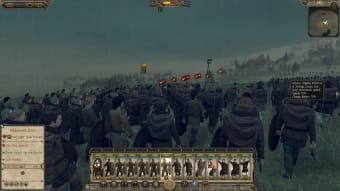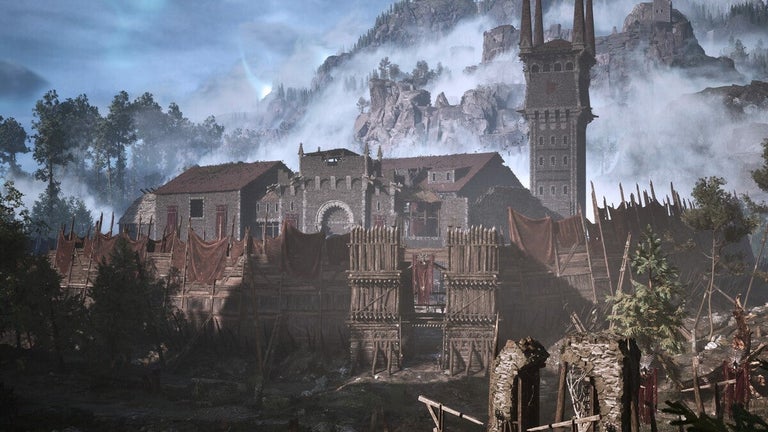A dark chapter in Total War history
Total War: Attila drops players into the chaotic twilight of the Roman Empire, capturing a period of collapse, migration, and survival. This hybrid turn-based strategy and real-time tactics game from Creative Assembly challenges players to lead crumbling empires or rising hordes through political turmoil and relentless invasions.
Top Recommended Alternative
Total War: Attila focuses on managing dwindling resources, diplomacy, and brutal warfare. Factions like the Western Roman Empire struggle to maintain order, while nomadic tribes like the Huns bring scorched-earth tactics and mobile warfare to the forefront. Attila’s grim tone, layered mechanics, and sandbox campaigns create an experience that rewards careful planning and adaptability.
War, survival, and the weight of empire
The campaign in Total War: Attila is built around survival in a crumbling world. Players must manage food supplies, public order, sanitation, and political stability while defending against constant external threats. The game introduces mechanics like climate change and migration, making the map feel alive and unpredictable. Unlike other Total War games where expansion is the main goal, Attila often demands retreat, rebuilding, and endurance.
Real time battles remain a core strength, offering massive clashes between infantry lines, cavalry charges, and siege warfare. Battles feel weighty and brutal, with morale and positioning playing huge roles in victory. Siege encounters are especially dramatic, as cities can be razed completely, leaving scorched ruins behind. The visual spectacle of burning settlements reinforces the game’s grim tone. However, some players may find combat pacing slower compared to newer titles.
This game offers a wide range of factions, from the crumbling Western Roman Empire to barbarian tribes and nomadic hordes. Each faction plays differently, with unique objectives and survival challenges. Playing as Rome is about holding together a collapsing empire, while barbarian factions often focus on migration and opportunistic conquest. This variety makes the game highly replayable, since each campaign offers a new perspective on the era.
A brutal strategy test of endurance
Total War: Attila stands as one of the franchise’s darkest and most demanding entries, emphasizing survival over simple conquest. Its collapsing-world atmosphere, deep campaign management, and destructive real-time battles create a uniquely tense experience where every decision matters. With diverse factions and replayable campaigns, it rewards adaptability and long-term planning. However, its slower combat pace and relentless difficulty may overwhelm casual players.











